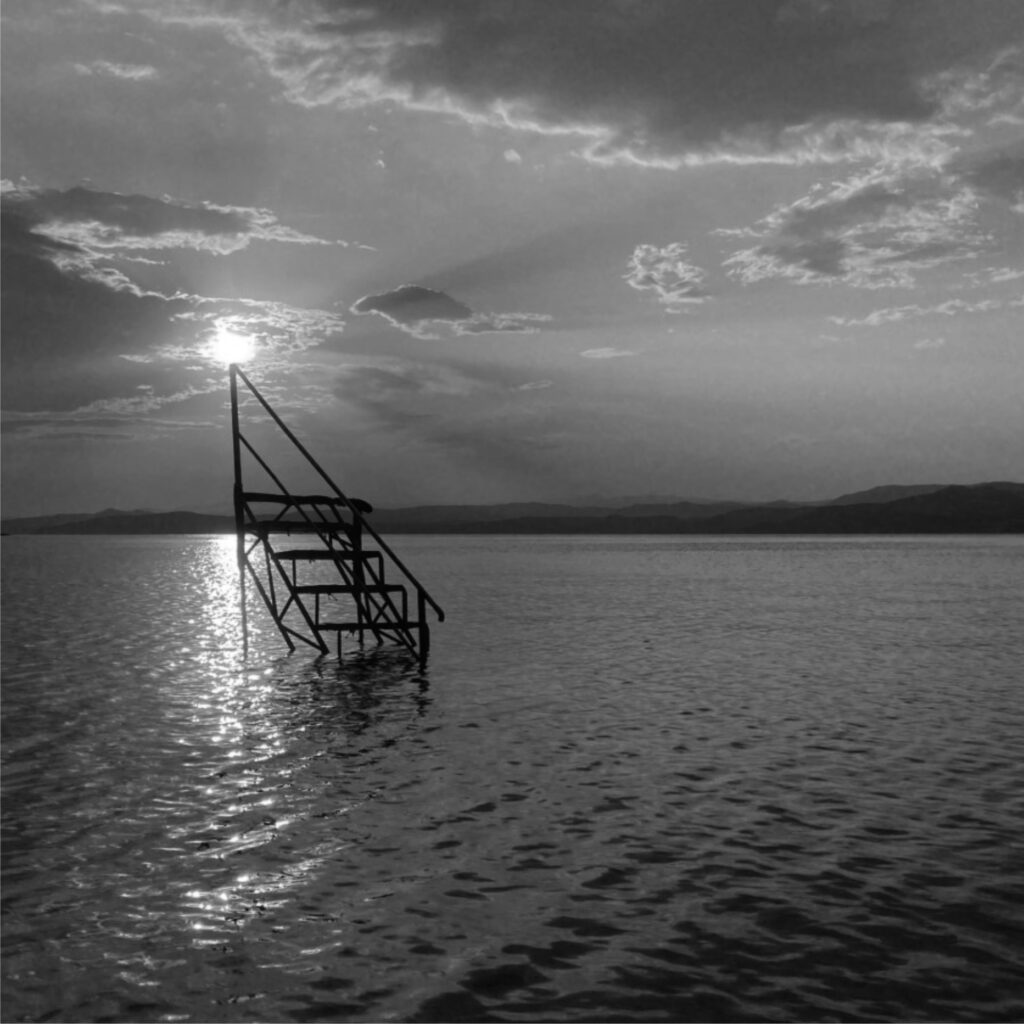About

Background
CliCCHE recognized that the concept of “urban health” and the role of urban design in the quality promotion of the cities’ living spaces has been present in the international debate for some decades, but only since the publication of the “New Urban Agenda” (WHO 2016), health has been defined as “one of the most effective markers of any city’s sustainable development”. These aspects are beginning to be highly debated on a scientific level, but have not yet been introduced into university education. Moreover, the pandemic emergency we are experiencing imposes even more compelling reflection on the relationship between health and the city, and on the role of university research and education to understand what the city of the future will and should be like.
However, a gap between education, scientific research and professional practice hinders the achievement of a seamless collaboration among the different stakeholders involved in the urban regeneration of our cities. Therefore, CliCCHE aims at overcoming these gaps by – promoting a newer fully-integrated transdisciplinary educational methodology and adopting unconventional tools to deal with the effects of climate change on urban health and equity in teaching urban regeneration of European cities.


Objectives
CliCCHE aims at developing and testing newer non-formal learning/teaching experiences that aim to stimulate students’ motivation, enhance their engagement and amplify their contribution to generate a participative environment. To this aim, the CliCCHE educational methodology and tools will be developed seamlessly with the contribution and the involvement of representative groups of citizens, professionals and public administrations. CliCCHE has been designed to achieve the following objectives: – allowing students to evaluate climate change effects on urban health and equity and so to identify and design appropriate adaptation strategies; – increasing the students’ interest in the topic of urban regeneration through an innovative participatory process (urban simulation game); – innovating the teaching activities by applying a transdisciplinary approach, and involving citizens
through immersive virtual environments, simulation games and public art; – promoting changes in the public administration (municipalities) and provide knowledge and tools, which could develop health oriented, climate-proof urban plans and projects; – raising citizens’ awareness of climate change effects on health in urban context and strengthen their role as co-designers of urban spaces. These non-formal learning tools will be adopted to identify and define climate change adaptation strategies at the urban scale. Since the produced educational methodology and tools will be finalized by a European consortium and integrated in its educational offer, it will be possible to transfer it in other EU countries.


Implementation
CliCCHE will be developed as follows: – Conduction of a Research on adaptation strategies against climate change to mitigate the impacts on human health in urban areas (R1); from the results of this research, a manuscript will be produced and submitted for publication to a relevant peer-reviewed scientific journal and a series of technical articles will be written by project partners to transfer results to different target groups (urban planners, architects, engineers, public authorities, student communities etc.); – Development of a transdisciplinary methodological framework for curriculum design (R2) that will be discussed in a training course for teachers and researchers (C1) and then presented to the relevant committees of the educational institutions of the consortium, and of an educational toolkit for healthy urban planning and urban participation (R3);
Testing and further development of R2 and R3 during a series of physical or on-line workshops with students at partner level, and final testing within a Joint Intensive Course (C2) involving 20 students. -Development of Guidelines on health practices oriented to climate change adaptation in urban planning (R4), aimed at scientifically evaluating the impacts of sound planning practices on human health and identifying within the methodology how to integrate health issues in urban planning and design teaching practices; from this guideline, a manuscript will be produced and submitted for publication to a relevant peer-reviewed scientific journal and a series of technical articles will be written by project partners to transfer results to different target groups.


Impacts
CliCCHE impacts will be many, and vary according to the target groups concerned. Universities and Research Institutes will organize courses and develop research lines focused on urban regeneration topics inspired by adaptation to climate change to provide urban health and discuss the possibility to incorporate the outcomes of the project in agreements with local authorities for the adoption of the CliCCHE methodology in urban regeneration projects. Students will increase their awareness on health issues, as the inspiring principle behind the regeneration of cities threatened by climate change. They will also acquire new competences from the transdisciplinary methodology built on the nexus urban planning, human health, environment protection, climate change impact, which will prepare them to professional practice.
Public administrations can increase their knowledge and awareness about the threats posed by climate change on urban health, acquire assessment methodologies and tools to incorporate these topics in their practice. In this manner, they will develop a conscious sense of responsibility related with climate-proof and healthy urban regeneration and be able to promote climate-proof design of urban spaces. Other local stakeholder will understand how they can contribute and fit in a health-oriented and climate-proof urban regeneration process and develop, even, new services and solutions to, at the same time, face the challenge posed by climate change and contribute to a healthier urban environment.


Disclaimer
This project is co-funded by the European Commission. This publication [communication] reflects the views only of the author, and the Commission cannot be held responsible for any use which may be made of the information contained therein.